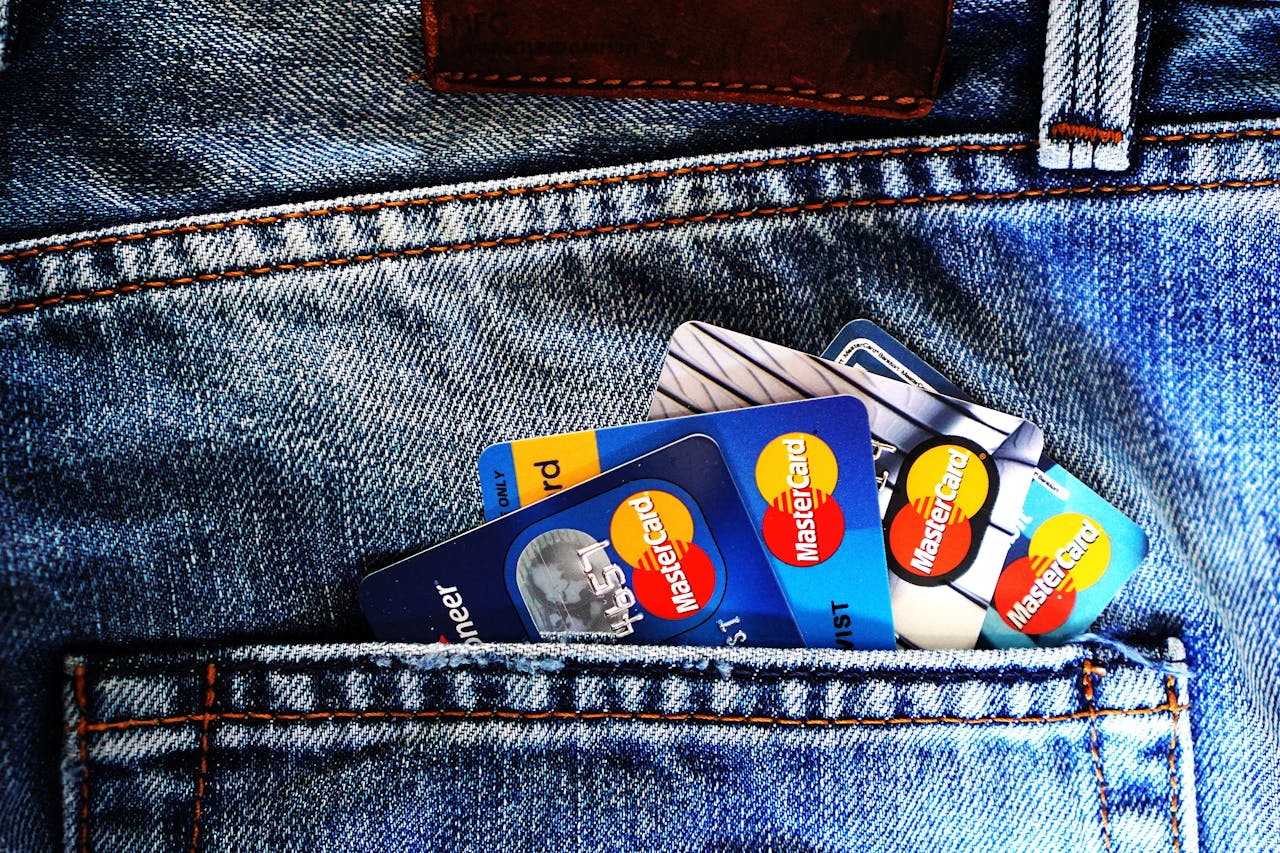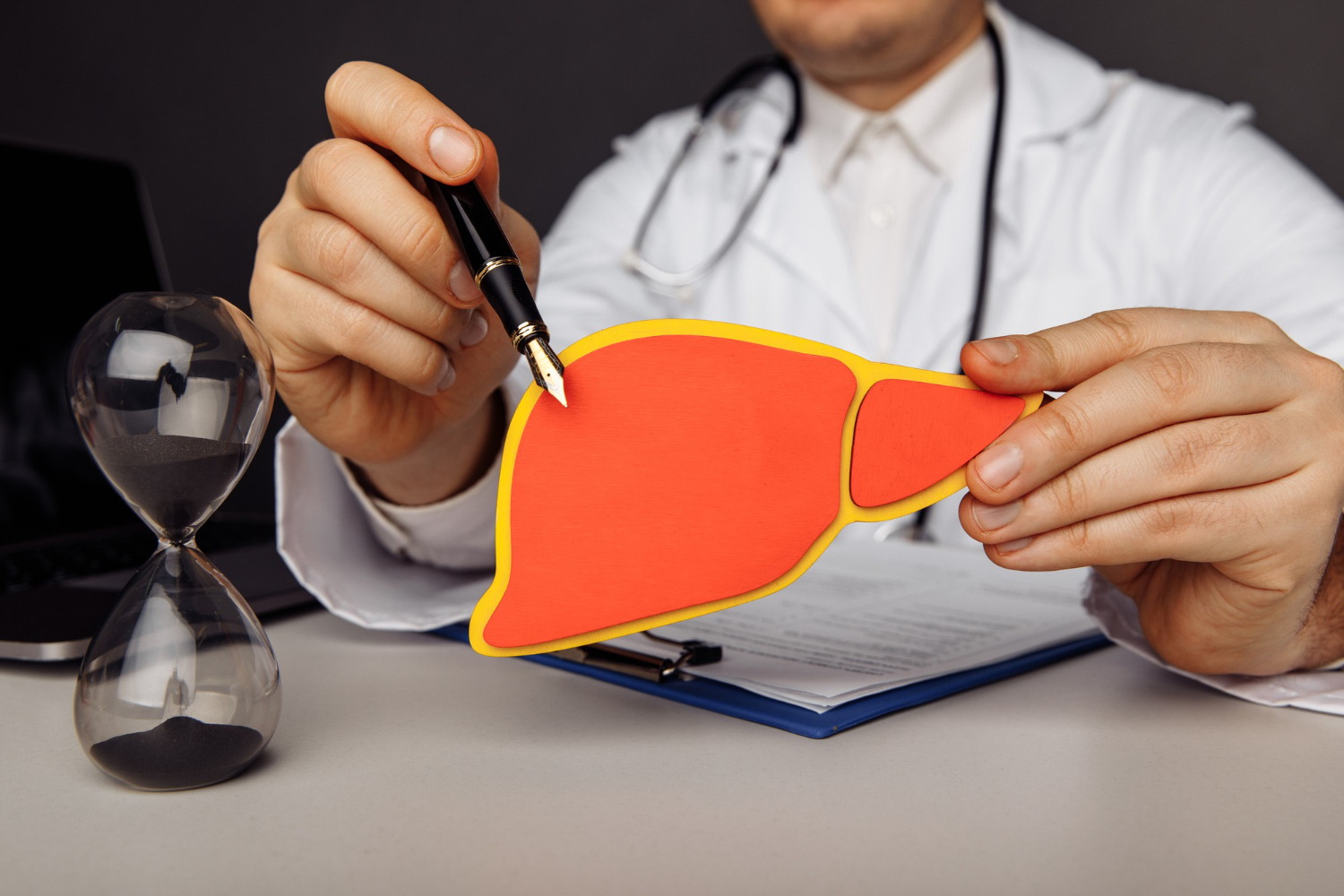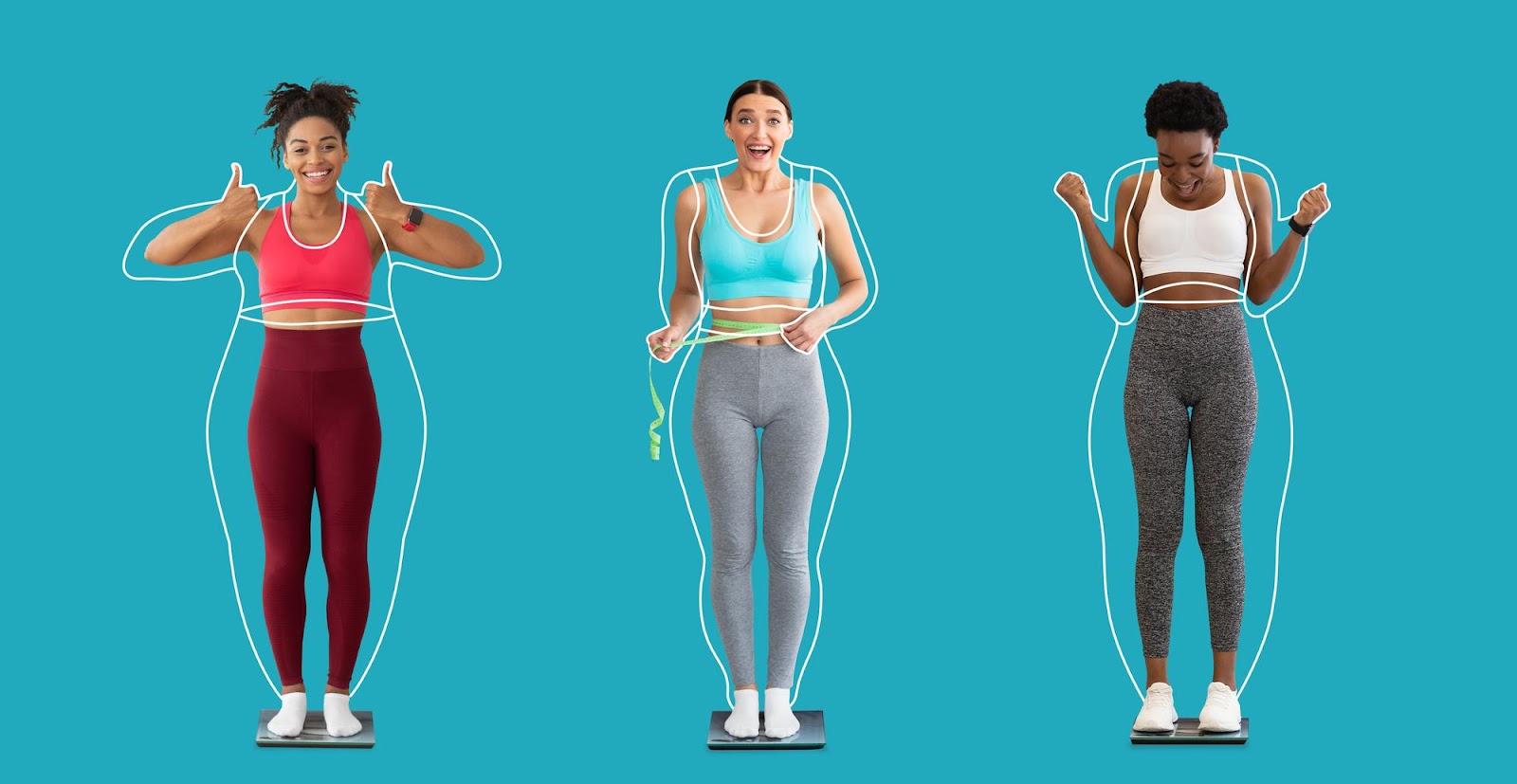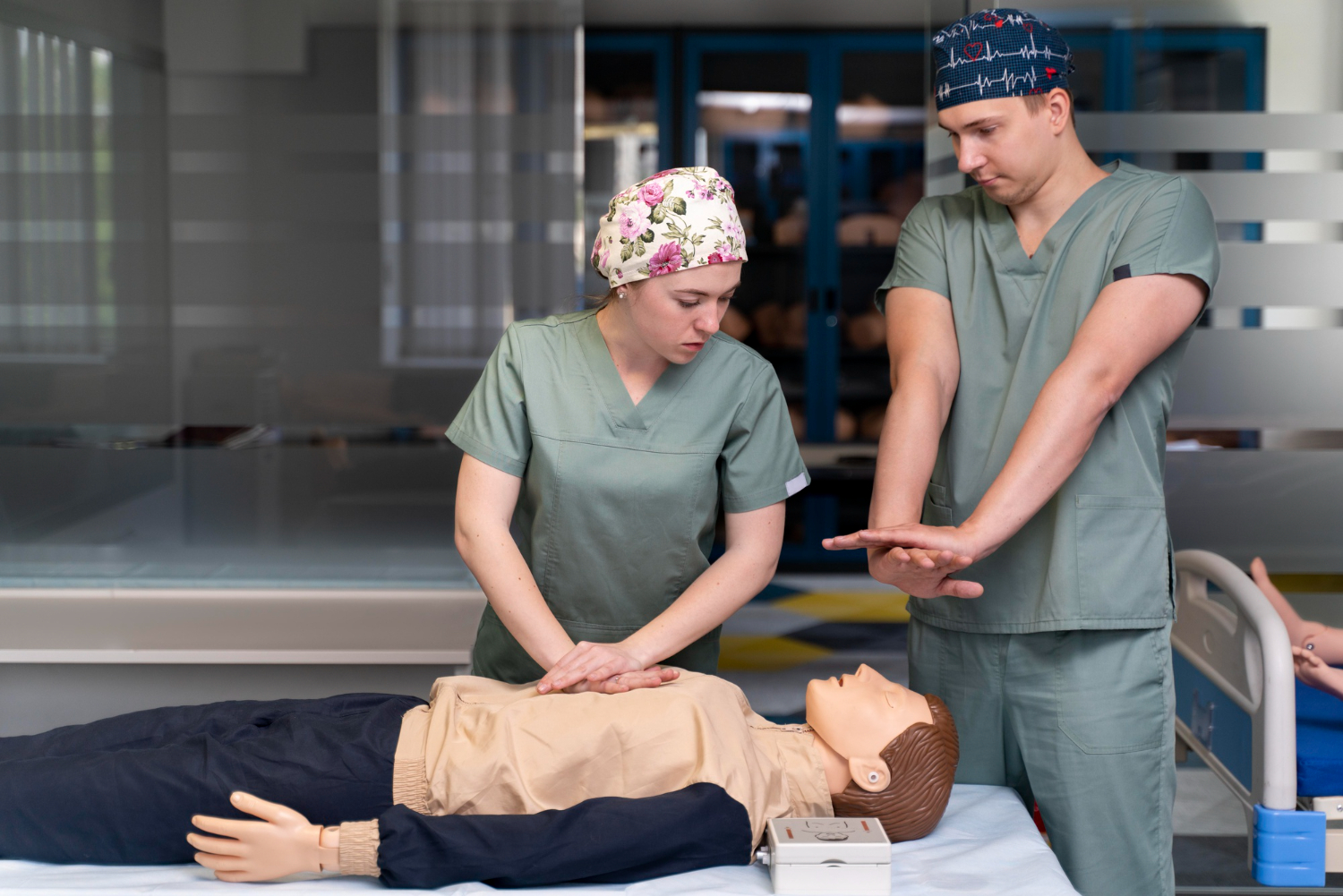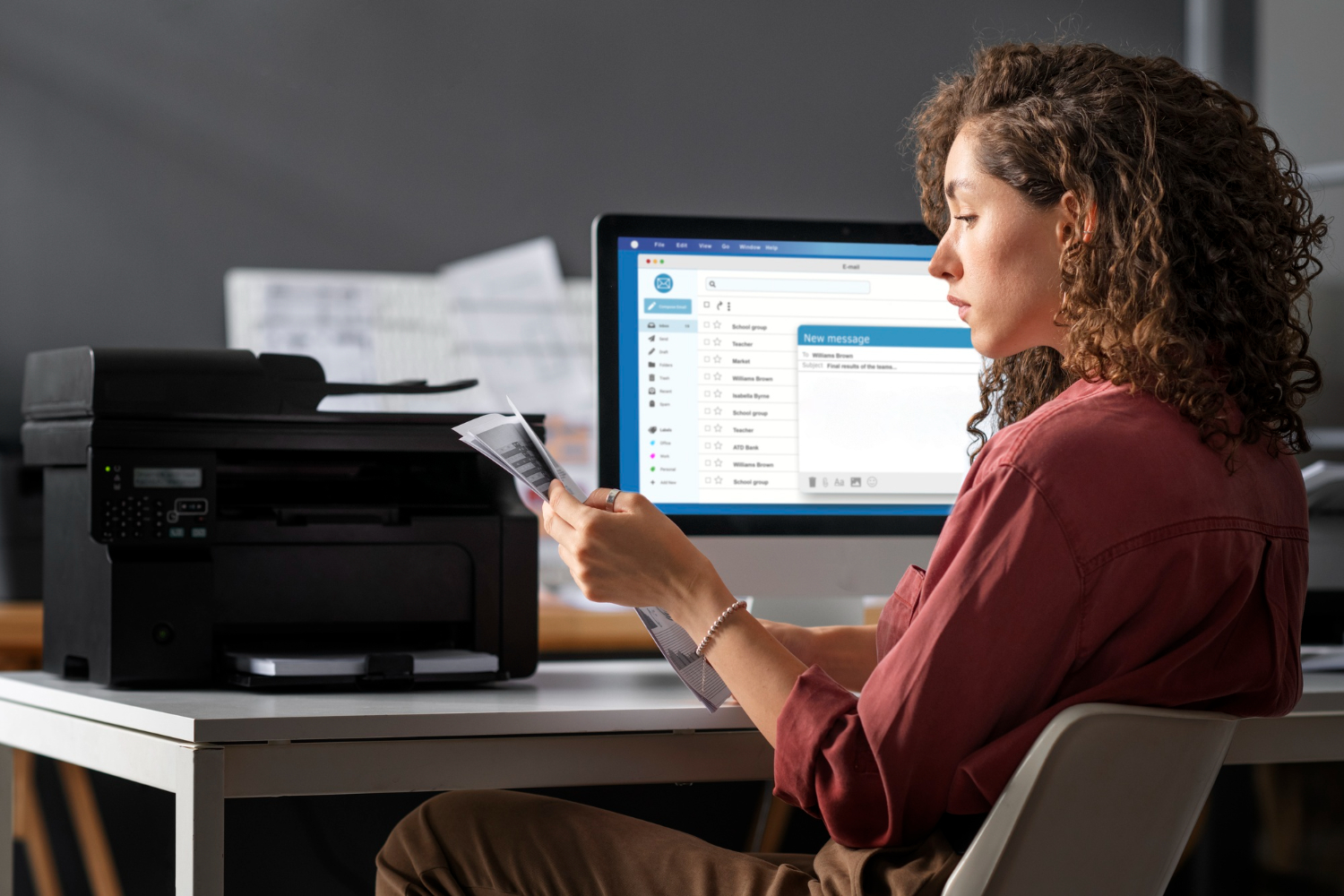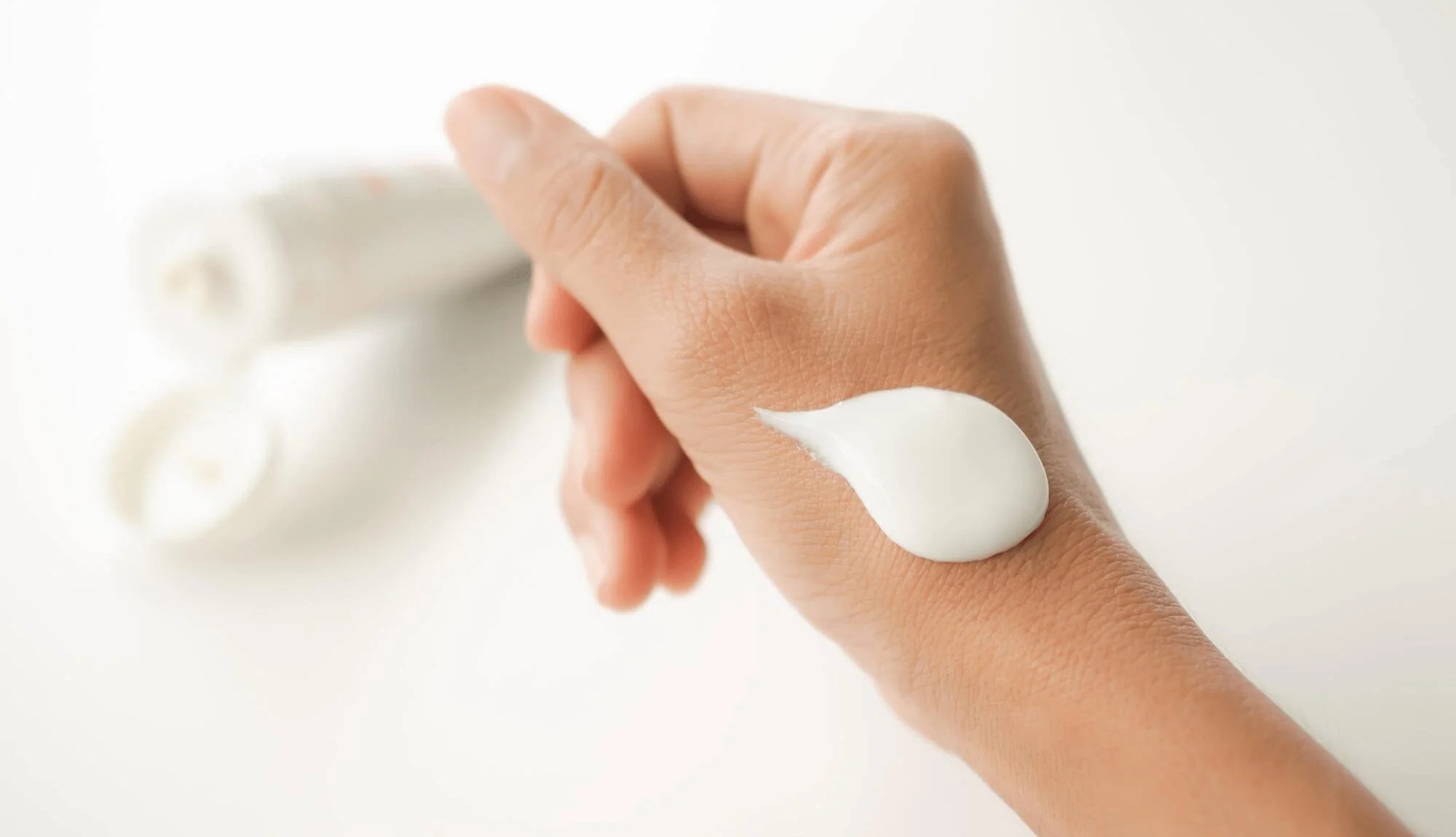Digestive conditions like GERD (Gastroesophageal Reflux Disease) and pancreatitis are common health concerns, yet they remain misunderstood by many. While both affect different parts of the digestive system, individuals often wonder if there is a link between the two.
Can GERD cause pancreatitis, or can pancreatitis lead to GERD? This blog aims to unravel the connection by exploring their symptoms, risk factors, and whether their coexistence could be more than a coincidence.
If you’ve been curious about how these two conditions interact—or if they even do—read on to gain clarity.
What Is GERD?
GERD is a digestive disorder that occurs when stomach acid frequently flows back into the esophagus, leading to a range of uncomfortable symptoms.
Common Symptoms of GERD
- Heartburn: A burning sensation in the chest, often after eating or lying down.
- Regurgitation: A sour or bitter-tasting acid backs up into your throat or mouth.
- Difficulty Swallowing: Discomfort or a sensation that food is stuck in your throat.
Causes of GERD
GERD is primarily caused by a weakened lower esophageal sphincter (LES) that fails to close properly, allowing acid reflux into the esophagus. Common triggers include:
- Overeating or consuming acidic, spicy, or fatty foods
- Smoking and alcohol consumption
- Obesity
- Stress
If left untreated, GERD can impair quality of life and lead to complications such as esophageal damage or ulcers.
Understanding Pancreatitis
Pancreatitis, on the other hand, is a condition where the pancreas becomes inflamed. This vital organ, located behind the stomach, plays a crucial role in digestion by producing enzymes and insulin.
Types of Pancreatitis
1. Acute Pancreatitis
- Symptoms:
- Sudden, severe abdominal pain that often radiates to the back
- Nausea and vomiting
- Fever and rapid heartbeat
- Causes:
- Gallstones (blockage of bile ducts)
- Excessive alcohol consumption
- Certain medications or high triglyceride levels
2. Chronic Pancreatitis
- Symptoms:
- Persistent abdominal pain
- Digestive issues, such as greasy stools
- Weight loss due to malabsorption
- Causes:
- Long-term alcohol use
- Genetic factors or recurring acute pancreatitis
How Is Pancreatitis Diagnosed?
Doctors typically use blood tests to check for elevated pancreatic enzymes, and imaging scans (CT or ultrasound) to assess inflammation or complications.
Can GERD Be Tied to Pancreatitis?
The short answer is no—GERD and pancreatitis are not directly linked, and one does not cause the other. However, they share overlapping risk factors that can make their co-occurrence more likely.
Shared Risk Factors
- Alcohol Consumption
- Drinking heavily can contribute to GERD by irritating the esophagus and relaxing the LES. Alcohol is also the leading cause of acute pancreatitis, as it can trigger digestive enzymes to attack the pancreas itself.
- Obesity
- Excess body weight increases abdominal pressure, aggravating GERD symptoms. Obesity is also associated with chronic pancreatitis, often due to elevated cholesterol or triglycerides.
- Medications
- Certain drugs, including NSAIDs, tricyclic antidepressants, and some acid reducers (e.g. proton pump inhibitors), can either worsen reflux symptoms or trigger pancreatitis in rare cases.
Key Differences Between GERD and Pancreatitis
While GERD affects the esophagus and pancreatitis involves the pancreas, they do not share a direct physiological link. Their symptoms and treatments are notably distinct as well.
| Condition | Primary Symptoms | Treatment |
|---|---|---|
| GERD | Heartburn, regurgitation, chest pain | Lifestyle changes, antacids, H2 blockers, PPIs |
| Pancreatitis | Abdominal pain, nausea, greasy stools | IV fluids, pain management, enzyme supplements |
Prevention and Management Tips for GERD and Pancreatitis
Even though GERD and pancreatitis are separate conditions, adopting a few shared lifestyle changes can reduce your risk factors for both.
General Tips
- Limit Alcohol Intake: Reducing or eliminating alcohol can significantly lower your risk for both GERD and pancreatitis.
- Maintain a Healthy Weight: Regular exercise and a balanced diet can help manage obesity, a shared risk factor for both conditions.
- Stop Smoking: Smoking weakens the LES and irritates the digestive tract, exacerbating GERD and potentially contributing to inflammation.
GERD-Specific Tips
- Avoid trigger foods such as citrus, chocolate, caffeine, and spicy or fatty dishes.
- Eat smaller meals and avoid lying down immediately after eating.
- Elevate your upper body during sleep to prevent acid reflux.
Pancreatitis-Specific Tips
- Stick to a low-fat diet and limit greasy or heavy meals.
- Manage cholesterol and triglyceride levels to reduce your risk of gallstones or complications.
- Stay hydrated and consult with a healthcare provider if you experience persistent symptoms.
Build a Healthier Digestive System
While GERD and pancreatitis are unrelated, their overlapping risk factors emphasize the importance of maintaining a healthy lifestyle and addressing digestive symptoms early. If you’re unsure about your symptoms or concerns, consult a healthcare provider to develop a tailored treatment plan.
Do you know someone struggling with digestive health? Share this post to help spread valuable information—and be sure to subscribe to our blog for more expert insights!
FAQs
Can GERD cause pancreatitis?
No, there is no evidence to suggest GERD causes pancreatitis. Although they share risk factors like alcohol use and obesity, they are distinct conditions with separate causes.
Is GERD related to pancreatic cancer?
GERD is not directly linked to pancreatic cancer. However, chronic inflammation in any part of the digestive system warrants medical attention to rule out more serious conditions.
Do acid reducers help with pancreatitis?
No, acid reducers like proton pump inhibitors only address GERD symptoms. Pancreatitis treatment typically involves IV fluids, pain management, and sometimes enzyme supplements.
What is gastric pancreatitis?
This term may cause confusion between gastritis and pancreatitis. Gastritis is inflammation of the stomach lining, while pancreatitis affects the pancreas. Both may cause abdominal pain but have different root causes and treatments.
